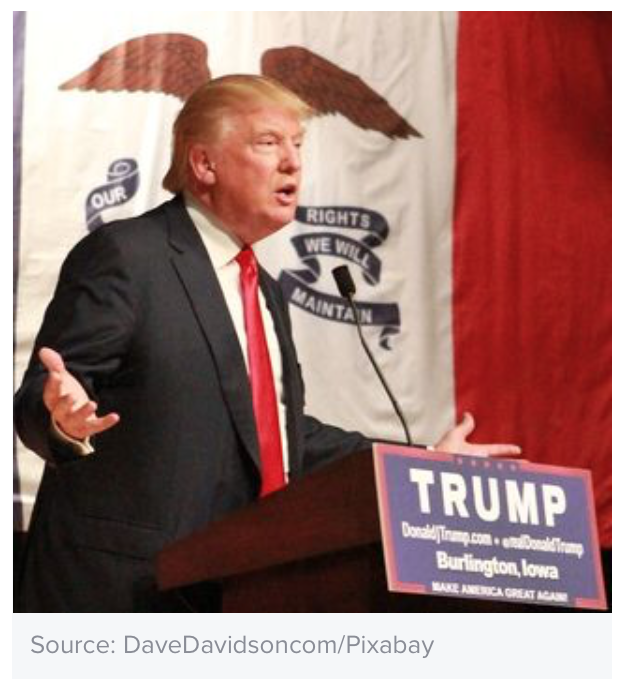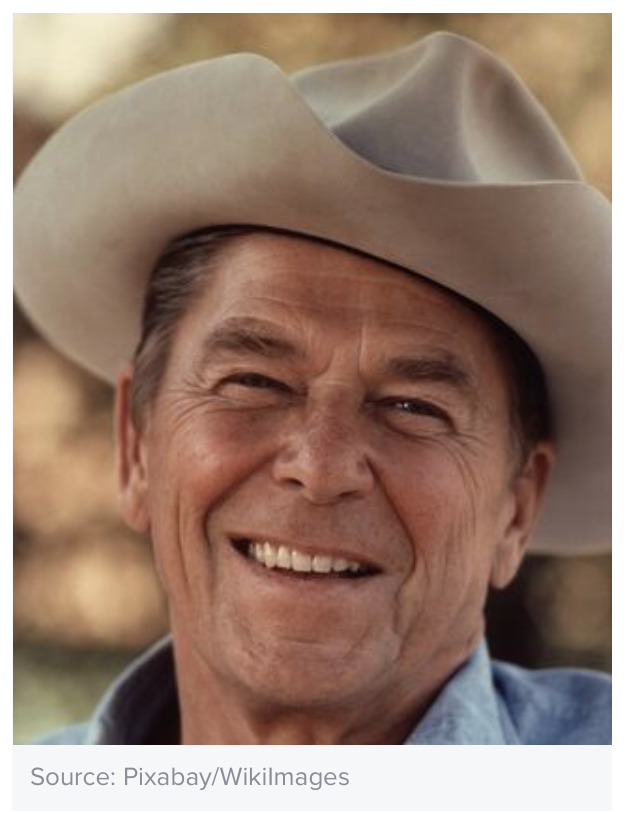Release time: 2020-11-10 16:29
Surprising Personality Traits We Desire in Politicians
Research examines traits voters desire in ideal politicians.
In a paper published in the October issue of the Journal of Research in Personality, Aichholzer and Willmann, of the University of Vienna, examine the personality traits voters desire in politicians they elect.

Introduction
Why do people vote for a particular political party? The conventional answer is voters value certain policies and favor parties that promote those policies. So, the voters elect politicians who represent those parties.
Nevertheless, how do voters know a politician, once elected, will act as he or she promised during the campaign?
The answer may have to do with the candidate’s personality.
Willmann and Aichholzer note, “what ideology is to parties, personality is to candidates,” meaning, “Just as ideology represents the long-term and stable underpinnings of parties, personality traits are long-term and stable psychological characteristics that govern individuals’ and politicians’ consistent patterns of values, attitudes, and ultimately behavior.”
The voters may assume a politician’s personality traits reveal, to some extent, what the person will do during a term. Specifically, they assume what a political candidate will do during a term depends on the individual’s personality, while how the political candidate will do it will depend on his or her leadership skills.
Indeed, elected politicians typically possess high levels of personality traits associated with leadership—traits like emotional stability and extraversion (also written as extroversion).
In short, a voter would likely favor a politician who resembles him or her, but who also has leadership qualities he or she does not possess.
The personality traits of ideal politicians
The above hypotheses were tested in two studies in Germany and Austria. Researchers asked participants about their personality traits, personality traits they would prefer to see in politicians, and traits good politicians must possess.
Study 1: A sample of 95 German participants; 38% female; average age of 42 years (range of 20 to 69 years); over half with 12/13 years of schooling.
Participants were asked to indicate, on a personality measure created for this investigation, their own personality traits and the traits of an ideal politician to “lead the country and ensure that the population is doing well.”
Study 2: A sample of 631 Austrians (91% citizens); 50% female; average age of 42 years (16 to 74 years); 28% with college degrees.
Participants were asked to rate their own personality and the personality of an ideal politician. The personality measure used was a version of the Big Five (five-factor model of personality).
Ideology was also assessed in terms of right-wing authoritarianism (e.g., openness vs. resistance to change) and social dominance orientation (e.g., acceptance vs. rejection of social inequality).

The ideal politician: Like us or better than us?
The researchers predicted voters would select candidates who resemble them but who are more competent than they are (in terms of having more leadership skills). And the results showed voters preferred politicians who are, compared to the average person, more extraverted, assertive, open, honest, emotionally stable, and conscientious, and somewhat more disagreeable.
And most of these traits are associated with political ambition, leadership, and greater media visibility.
As for the similarity in personality traits, it appears similarity between voters and political candidates was more important for some traits than others: It was more important for traits either related to the person’s own values (i.e. agreeableness, openness, honesty-humility, and to a less extent, conscientiousness), or traits associated with ideological orientations (i.e. right-wing authoritarianism and social dominance orientation).
Specifically, greater right-wing authoritarianism partly mediated favoring candidates high on conscientiousness and low on openness. Similarly, greater social dominance orientation explained, in part, voters favoring low-agreeable candidates.
Takeaway
There are parallels between voting for a politician and selecting a romantic partner. People choose those who are similar to them in some ways but better in other ways.
And voters elect politicians with leadership skills who are similar to them.
This desire for similarity goes beyond liking a politician only because s/he is similar to us—similarity additionally serves the function of ideological representation. So, a desire for similarities (e.g., in openness, agreeableness, conscientiousness) is partly explained by one’s ideological views (e.g., right-wing authoritarianism, social dominance orientations).
Personality, the authors note, can even be thought of as “an organizing system that translates into motivational goals or values, including [right-wing authoritarianism and social dominance orientation], which eventually guide ideological orientations and political behavior.”
These findings have important implications for our understanding of how the world of politics is changing—political parties playing less of a central role and politics becoming increasingly personalized (e.g., Donald Trump’s and Emmanuel Macron’s rise to power).

Arash Emamzadeh attended the University of British Columbia in Canada, where he studied genetics and psychology. He has also done graduate work in clinical psychology and neuropsychology in U.S.
psychology today